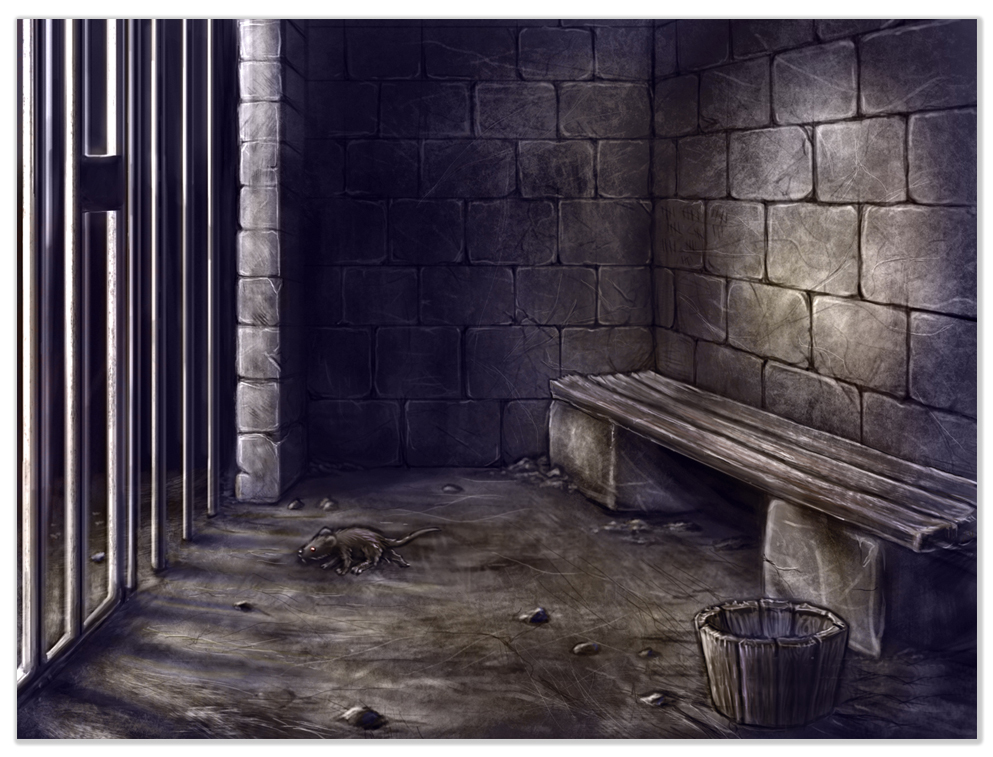We post news and comment on federal criminal justice issues, focused primarily on trial and post-conviction matters, legislative initiatives, and sentencing issues.

HOTLANTA! AND OTHER THINGS KEEPING THE BOP DIRECTOR AWAKE AT NIGHT…
What makes BOP Director Michael Carvajal long for retirement and his government pension?
This week, you can take your pick. First, remember that Dept of Justice Inspector General advisory from last week, the one that urgently recommended the BOP stop staff from sneaking past metal detectors? It was based on the IG’s review of video from some unnamed institution showing night-shift COs entering the facility uninspected.
 The Atlanta Journal-Constitution reported last Friday that USP Atlanta – on lockdown since late June “due to an increase in prohibited activity from the inmate population and noted security concerns” – has been nearly emptied of inmates. Only 134 remain in the facility, down from 1,800 just a few months ago. One BOP employee told the newspaper that “the conditions outlined in the report mirror those at the Atlanta pen.”
The Atlanta Journal-Constitution reported last Friday that USP Atlanta – on lockdown since late June “due to an increase in prohibited activity from the inmate population and noted security concerns” – has been nearly emptied of inmates. Only 134 remain in the facility, down from 1,800 just a few months ago. One BOP employee told the newspaper that “the conditions outlined in the report mirror those at the Atlanta pen.”
In the weeks following lockdown, investigators discovered a “prevalence of narcotics and cellular devices being used by the inmate population.” A teacher found 24 cell phones, 30 chargers, ear buds, wrapped bundles of a “leafy substance,” and weed grinders. The BOP sent out memos notifying staff that four senior officers, along with one wage supervisor, had been barred from the federal pen and should not be allowed entry “under any circumstance.”
The newspaper said the remaining prisoners will “tackle the physical rehabilitation of a facility that in January turns 120 years old. The BOP told employees that about 250 low-security inmates will be a work cadre for the entire USP to include outside areas.
While prisoners are expected back, the report said, many employees may not be returning. “They went nuclear instead of being surgical,” one lieutenant wrote on Facebook. He kept his job, he said, because he’s so close to retirement. Most of his colleagues in the lieutenant class were transferred elsewhere. “There’s lots of good people who are being forced to leave.” But too many were not on the up and up, he said. “I’d say 20 to 30% of the officers were dirty. And that’s just totally unacceptable. You’re always going to have a few. Most prisons have one, two or maybe three bad apples. Not a quarter of the staff.”
Complaints to top officials, from the warden on down, largely went unanswered, he said. “It made it nearly impossible for me to do my job,” he said.
 Meanwhile, the Washington Post continued the drumbeat started last month about BOP inmate trust accounts. “Government-run deposit accounts for federal prisoners swelled by more than $50 million this year,” the paper said, “as critics say a recent murder-for-hire case hatched behind bars highlights the danger posed by the Federal Bureau of Prisons’ lax oversight of the rapidly growing program.”
Meanwhile, the Washington Post continued the drumbeat started last month about BOP inmate trust accounts. “Government-run deposit accounts for federal prisoners swelled by more than $50 million this year,” the paper said, “as critics say a recent murder-for-hire case hatched behind bars highlights the danger posed by the Federal Bureau of Prisons’ lax oversight of the rapidly growing program.”
Deposits have grown from $86 million six months ago to $140 million this month, the Post reported, an increase mostly driven by stimulus payments. discuss nonpublic details of the program. “Critics say the extra money in the system underscores a failure to ensure that inmates pay restitution to their victims and allows inmates to use the accounts to finance other crimes,” the paper said.
ABC reported that in response to DOJ orders, the BOP last Thursday issued new guidance requiring wardens “to report the amount of money inmates have in their accounts each month and identify inmates with balances over $2,500… It also instructs the agency to investigate inmates who receive large sums of money that result in skyrocketing balances, identify outside sources depositing money in accounts of multiple inmates or former inmates depositing money for prisoners still in custody.”
Finally, a suit filed last week against FCI Sheridan by the Oregon Federal Public Defender alleges that the facility has “dangerous and unbearable conditions” that “could reasonably be considered excessive punishment.”
“The filing, submitted late Friday, raises serious concerns about the welfare and health care of the more than 1,500 people locked up inside the Sheridan correctional facility,” Oregon Public Broadcasting reported. “Mentally and physically, inmates are suffering,” the suit alleges. “Inmates report that unit staff are unavailable to answer questions or to listen to medical concerns. Staff shrug their shoulders and walk away. Cellmates ring alarms but nothing happens. A sense of helplessness and hopelessness pervades.”
 Dr. Stuart Grassian, a clinical psychiatrist and former Harvard Medical School professor, has studied the effects of confinement on prisoners. He was retained as an expert by the plaintiffs said in an affidavit, “I conclude to a reasonable degree of medical certainty that the[] conditions at Sheridan are having a severely deleterious effect on the population. The longer the conditions continue, the worse the likely effect on the mental and physical health of inmates.” Among his recommendations, Grassian said staff needs to alleviate the uncertainty by providing truthful and frequent information to those locked up inside the prison.
Dr. Stuart Grassian, a clinical psychiatrist and former Harvard Medical School professor, has studied the effects of confinement on prisoners. He was retained as an expert by the plaintiffs said in an affidavit, “I conclude to a reasonable degree of medical certainty that the[] conditions at Sheridan are having a severely deleterious effect on the population. The longer the conditions continue, the worse the likely effect on the mental and physical health of inmates.” Among his recommendations, Grassian said staff needs to alleviate the uncertainty by providing truthful and frequent information to those locked up inside the prison.
The public defender has asked a federal judge to order an inspection of the prison and regular updates about vaccination rates of Sheridan staff, length of time inmates are confined to their cells and an ombudsman to help staff and inmates communicate concerns.
Finally, CNBC reported last week that “America’s federal prisons face a massive shortage of workers,” something that comes as no surprise to existing staff or inmates. As of May, only 67% of CO positions were filled, CNBC said.
Is anyone surprised?
Atlanta Journal-Constitution, Atlanta federal pen nearly vacant amid corruption investigation (August 20, 2021)
Washington Post, Federal prisoner accounts have grown by $50 million this year (August 18, 2021 )
ABC News, Justice Dept. bolsters monitoring of federal inmate accounts (August 19, 2021)
Oregon Public Broadcasting, Sheridan federal prison inmate dies from medical issues as prison conditions in question (August 19, 2021)
CNBC, America’s federal prisons face a massive shortage of workers (August 16, 2021)
– Thomas L. Root

